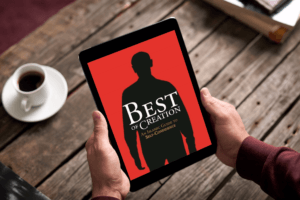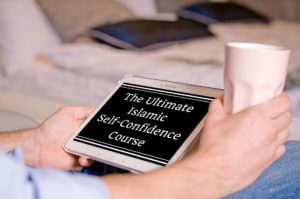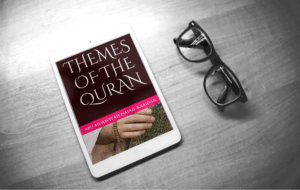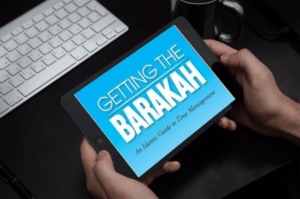The Problem With Self-Confidence Theories
“You are the Captain of your own ship!”
This statement negates belief in Qadar (destiny). Reality is that even if we think we are the captains of our own ships, God still controls the weather and the waters.
“You can accomplish anything you want to, you just need to want it bad enough!”
Nope!
Again, there is the matter of Qadar, resources, human limitations, and a variety of other factors.
These two common quotes represent the problem with most self-confidence theories.
The Egocentric Problem

The first problem with Self-Confidence theories is that they focus too much on the Nafs (self). Which is were it gets its name.
Self-Confidence today is obsessed with the self, overestimating the self, thinking all good and victory is from the self, and your self being all you need.
This level of egocentricism is unislamic. It goes against two primary Muslim beliefs: Belief in God and Belief in Destiny.
Removing God and Destiny from the Equation
Secular theories tend to be devoid of spirituality. This is why Muslims must be very careful about adopting secular beliefs, even in the field of self-help.
The problem with self-confidence theories is one example of this.
By focusing on the self, the existence of God is ignored. One’s gifts are no longer gifts from God, but one’s own achievements. God is never thanked. God’s help is almost never sort. And victory isn’t attributed to God.
By distancing yourself from God, you may achieve worldly success, but at what spiritual cost? As Muslims, we cannot afford to hold any beliefs that distance us from our Creator.
A Muslim firmly believes that Allah created them and their abilities. Allah gave them their gifts to test them. It is Allah who controls their destiny and grants them victory. And Allah must be thanked whenever things go our way.
Belief in Destiny
Qadar (destiny) is one of the six pillars of faith. To disbelieve in it is Kufr, and to ignore it is problematic.
Muslims must strive to be their best, while remembering that Allah is in control.
Because success is from Allah. And trials and obstacles are tests from Allah.
In fact, lack of victory is the Wisdom of Allah and a means of training us. So our confidence must be rooted in our belief in Qadar.
The Islamic Solution
It is because of these clashes that I developed the Islamic Self-Confidence theory. This theory is expounded in my eBook, Best Of Creation: An Islamic Guide to Self-Confidence. I also cover it in details in “The Ultimate Islamic Self-Confidence Course“.
The theory is summary is as follows:
- Allah created us in the best of forms and has gifted each of us with different strengths.
- We must use these God-given gifts to make this world a better place and be our best.
- So we must trust God (Tawakul), and seek His Assistance (dua) when chasing our goals.
- We must chase our goals with full confidence in Our Creator and the abilities He has blessed us with.
- After making our best effort, we must accept our destiny (Qadar) for what it is, and then repeat these five steps.
This model will keep a believer confident and consistently moving forward, while remaining grounded in the Islamic belief system. I believe that this is the self-confidence model that Muslims should adopt and follow.
Want to learn more about Islamic self-confidence?
Choose your learning style:
- Reader – Purchase the eBook by clicking here.
- Audio/Visual – Purchase the online course by clicking here.






